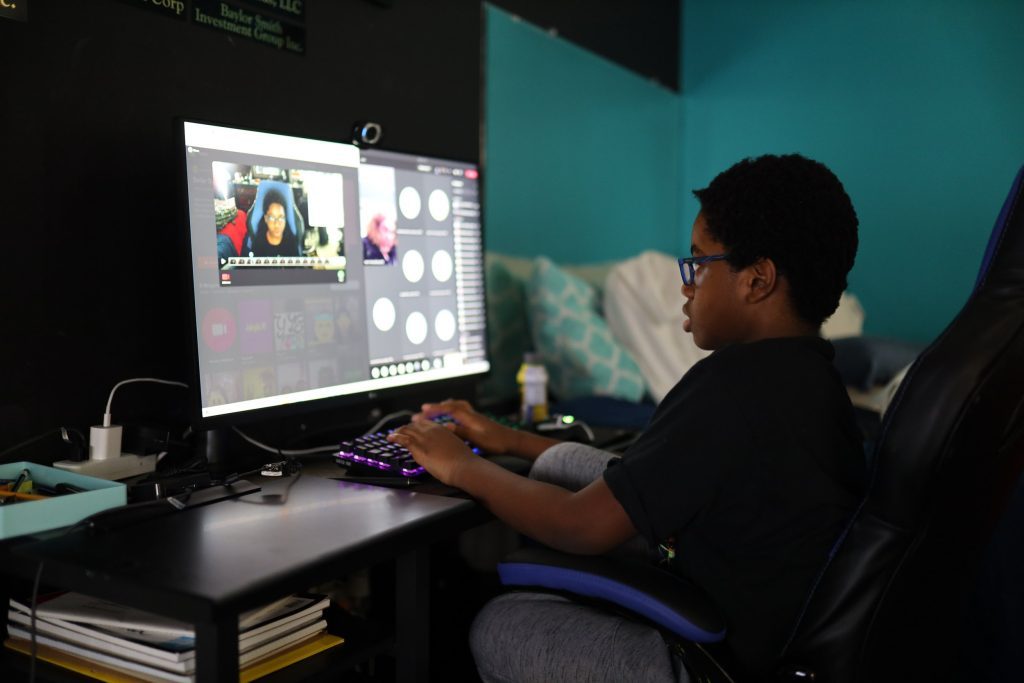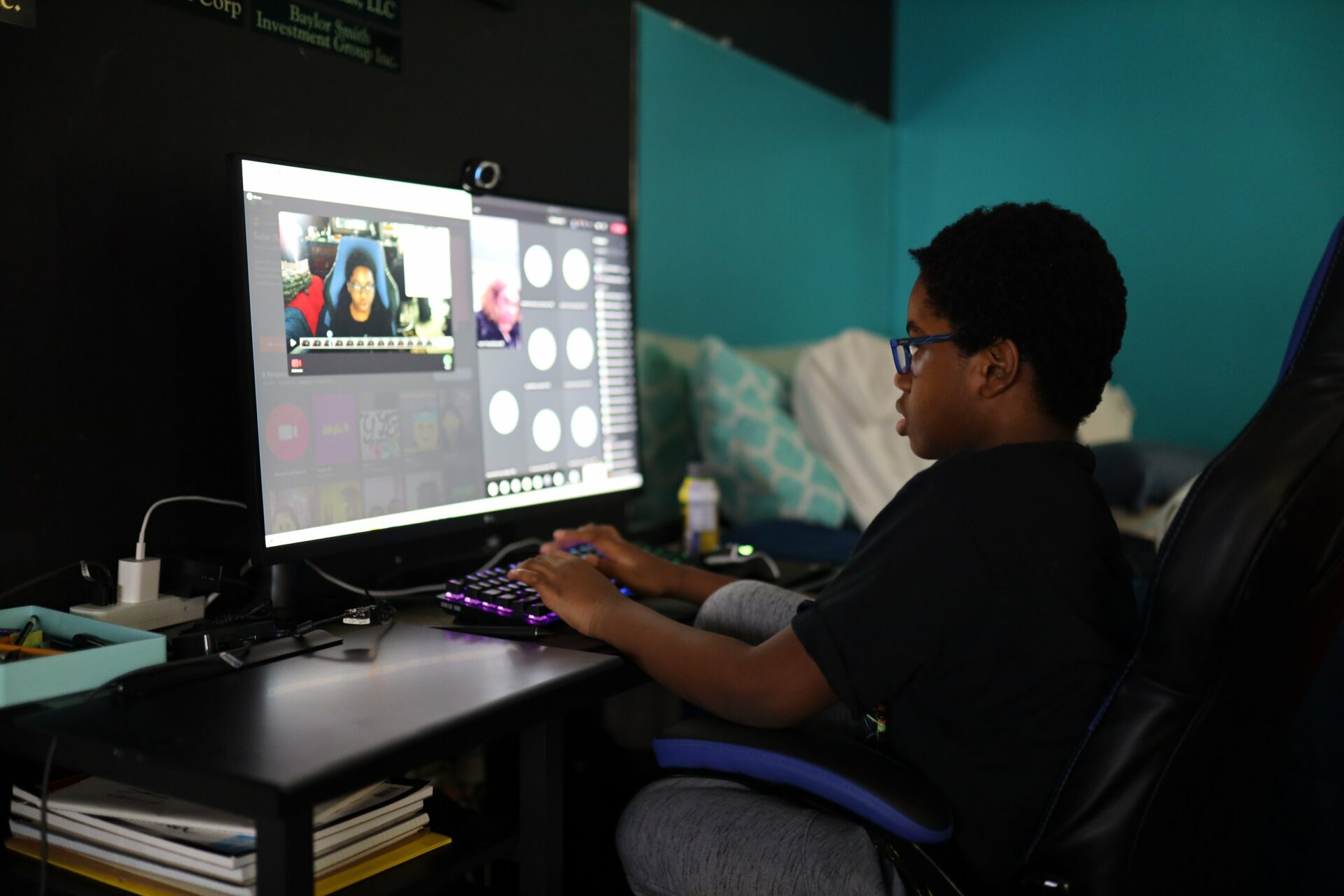It is safe to say that our lives are unfathomably entangled within the digital realm. A UK study by Adobe on the UK’s content consumption habits found that Gen Z spends on average 10.6 hours a day online, half of which is spent on our phones. As a result, we have chosen to imprint our consciousness and lives online… forever. As fascinating as that may seem, this is not the topic of this blog post. Instead, I am here to discuss how our generation has witnessed a rapid evolution in the way we consume digital content and how this is challenging corporate marketing teams to constantly develop, rethink and reconstruct their strategies.

In the early 2000s, we saw the emergence of YouTube and how quickly it overtook the world as a platform for sharing content. Having recognised YouTube’s success, many marketing teams jumped at the opportunity of embedding advertisements within videos. Now before I continue, I would like to ask you a question: how many times have you skipped an ad while watching a YouTube video? Be honest. I personally have done it many times. In fact, I found them so annoying that I even downloaded multiple ad blockers. Surely, I am not the only one seeing that ad blockers are one of the most popular and downloaded extensions on the Chrome Web Store.
With this in mind, marketing teams have had to rethink their strategies. Their solution was to sponsor YouTubers with high engagement levels to advertise their products during a video. As brilliant as this may have seemed, it did not stop me from fast-forwarding 30 seconds! Ironically enough, as marketing teams went out of their way to ensure that we engage with their ads, many of us went out of our way to skip them.
“…marketing teams have at most a week to identify a trend, produce an appropriate plan of action that fits their budget, and implement the strategy before it becomes obsolete, outdated, or cringe. This undoubtedly seems like a daunting task.”
Then, as we all fondly remember, Vine became popularised in 2013. From this moment onwards, our consumption of digital content changed completely. We quickly transitioned from a society that engaged with long-form digital videos, to short-form. From TikTok, to Instagram Feed, to YouTube shorts, we are continuously scrolling through dozens (if not hundreds) of 15-second videos a day. This is posing an even greater challenge to marketers, particularly because we have become such a fast-paced consumerist society. Therefore, it has become increasingly difficult for marketers to keep up with the ever-changing trends, especially as they typically last between 5-7 days! This means that marketing teams have at most a week to identify a trend, produce an appropriate plan of action that fits their budget, and implement the strategy before it becomes obsolete, outdated, or cringe. This undoubtedly seems like a daunting task.
“Scrolling through Tik Tok, I have found that the most compelling and effective ads are the ones that I was originally unaware of.”
However, the challenge that short-form digital content poses goes even deeper than what we have discussed so far. In fact, companies must continuously produce concise, captivating, creative, and unique ads as frequently as possible to stay relevant. The problem is that in some ways it has become difficult to engage with audiences, especially those that know when a product or subscription plan is being sold to them. Given that it has become more difficult for marketing teams to achieve their intended targets, they are now outsourcing the creation of digital content to experienced and creative influencers. Not only are they more suited to keeping up with trends, but they are also more likely to engage with their audiences. Scrolling through Tik Tok, I have found that the most compelling and effective ads are the ones that I was originally unaware of. By this, I mean either a skit, meme, re-enactment, song, dance, or any other form of creative expression disguised as an advertisement.
The reason this strategy works is because these ads are presented in a creative, entertaining, and subtle way. The difference is that now we often have become unconscious of the fact that we are being sold a product. Instead, we see the product as a missing element of our lives. The success of the strategies that Gen Z influencers have implemented is foundational on their ability to express their personalities as authentically as possible rather than imitating a brand or lifestyle. Essentially, the uniqueness of our generation’s personality, wit, empathy, humour, tendency to be forthright and unapologetically speak our minds is what distinguishes us from the lack of nuance and at times inconsiderate marketing campaigns developed by corporations selling us a brand rather than a story. It is interesting to see how this has developed over the years, and it surely will be even more perplexing to see how it unfolds in the future.
My best guess is that Gen Z will soon dominate the advertising industry through the creation of meaningful content. However, only time will tell…
Authored by, Rania Belahsen, Imagen Insights Gen Z consultant

